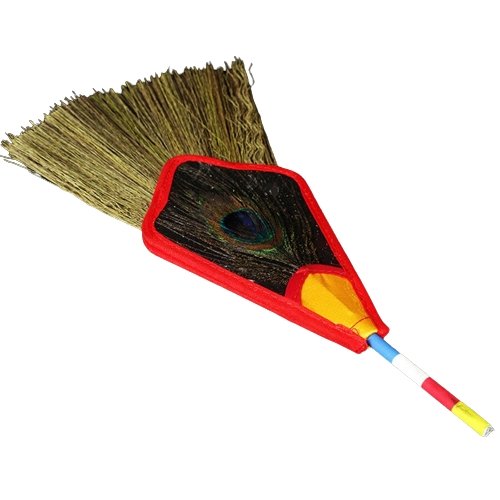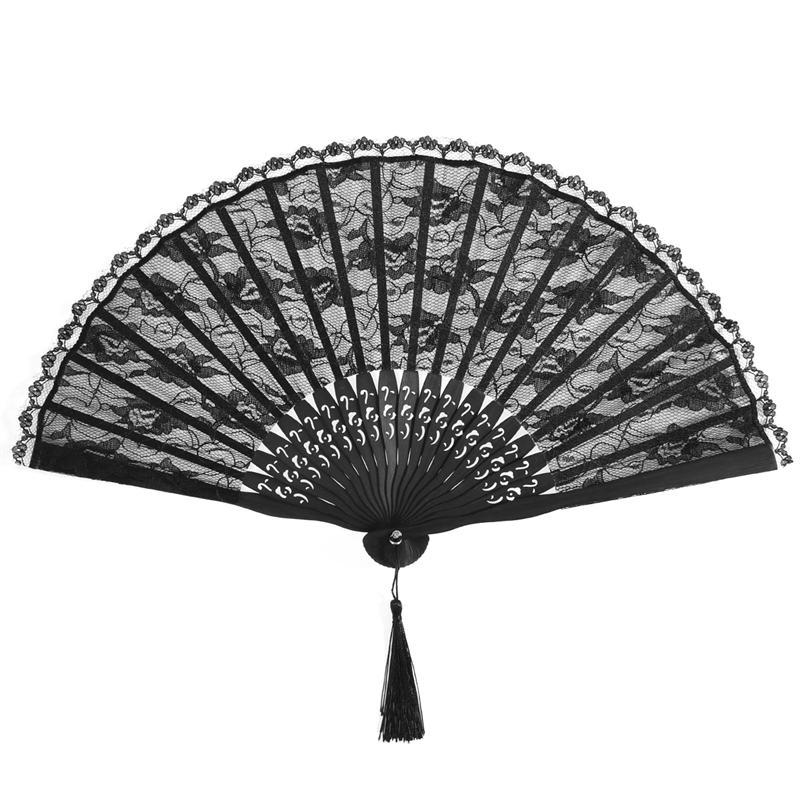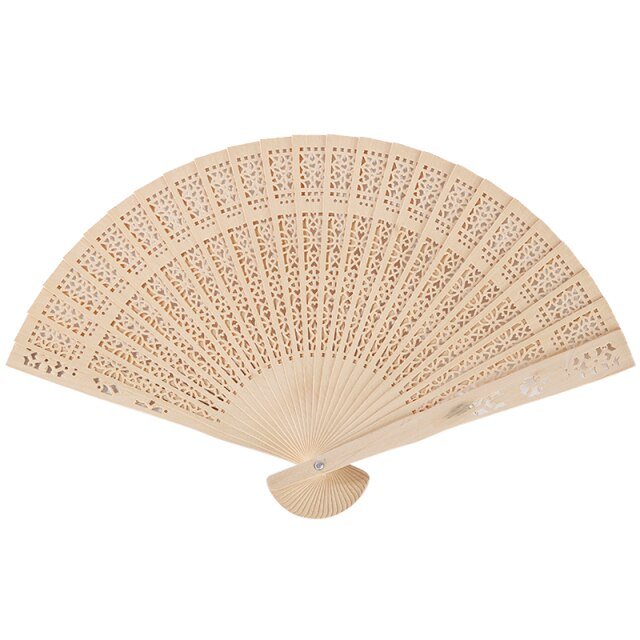Meaning of the Fan (Spain, Japan and Love)
A breeze on your face in stifling heat, a well-deserved refreshment: this is the lucky fan!
Fans are much more than a symbol of elegance and refinement. They have been used as tools for communicating, protecting themselves from the sun, and even fighting. Nowadays, they are still widely used today, both as decorative items and for their functional aspect.
Whether you view the fan as a spiritual symbol or simply a practical tool, there is no denying that it is a timeless and popular object, rich in history and cultural significance.
Contents :

The language of the fan
Do you know what fan language is?
In fact, this object is often used to communicate non-verbally, and it can have different meanings depending on how it is used.
Here are a few :
- For example, if someone opens their fan and holds it in front of their face, it means they are trying to hide something.
- When a fan is opened wide but placed on a table, it means the person is angry.
- If someone waves their fan in the air, it could mean they are angry or looking for attention.
- When the fan is opened and closed slowly, a message of love is sent.
- Desire is shown to him when the fan is opened and closed quickly.
- This is not surprising: when the fan is thrown to the ground, it should be seen as a message of rejection.
Due to its subtlety and charm, fan language is still used today as a non-verbal means of communication by high society ladies.
The fan in Spanish culture
The fan is a symbol of Spanish culture that has a long history and rich meaning.
Fans have been used in Spain since the Middle Ages, both as a practical tool and as a fashion item.
Over time they have been associated with seduction and courtly love, and they are often used in pantomimes and ballets.
Additionally, the fan is an important symbol in Flamenco, where it is used to accentuate the dancers' movements.
Spanish fans are usually made from paper or fabric, and they may be decorated with colorful designs or meaningful symbols.
In short, the Spanish fan is an integral part of the country's culture and history, and it continues to be used in various social situations even today.
The fan in Japanese culture
The lucky fan is an important symbol in Japanese culture.
It is commonly used as a symbol of hospitality and courtesy. The fan is also associated with the tea ceremony, where it is used to create a tranquil and refined atmosphere.
Sometimes also, fans are used as religious or political symbols. Geishas always carried them, as did the ladies of the imperial court.
Additionally, these accessories were also used as weapons. There are even martial arts schools that teach fighting technique using a fan.
Japanese fans are usually made from rice paper, silk or bamboo.

Its place in other cultures
The lucky fan is a popular symbol in many parts of the world, often associated with spirituality and elegance.
Here is a brief list of some other cultures for which this object is important:
- According to some sources, the origins of the fan symbol date back to ancient Egypt, where fans were used as ceremonial objects by priests.
- In China, the fan is also a very popular symbol. It is often given as a gift at weddings, and is said to bring good luck.
- In Europe, fans were once a popular accessory for upper-class ladies.
- In Russia more particularly, they represent the prosperity and power of the nobility.

Get a fan tattoo?
It’s clear: fans have a long history and rich meaning. This explains why more and more people are choosing to get a fan tattoo.
Fan tattoos are usually small in size, making them perfect for people who don't want to get a design that's too complex or too large.
Fans are generally associated with beauty, grace and femininity, but they can also be used to represent deception and duplicity. They therefore carry a double message.
Fan tattoos are also often accompanied by symbols related to nature, such as flowers or butterflies. These symbols reinforce the meaning of the tattoo and can be personalized according to your own interests and tastes.
While some consider fan tattoos to be superficial, they can actually be very deep and personal. If you choose to get a fan tattoo, take some time to think about what the symbol means to you and how you want to represent it on your body. With a little planning and thought, you can be sure that it will have deep meaning for you.
Lucky charms featured in this article

Tantra Fan
See more
Fan of Spanish Flamenco
See more
Wooden Fan
See more


